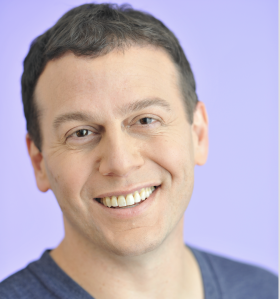
Board certified in emergency medicine, Dr. Zachary Lutsky serves as an attending physician in the Emergency Department at Santa Clara Valley Medical Center. With experience in areas ranging from treating strokes to gunshot wounds, Zachary Lutsky, MD, knows the importance of managing trauma patients on their way to the emergency room.
Following a severe accident, as a patient is rushed to the hospital, the emergency medical services (EMS) team prepares for effective treatment by calling ahead to alert the hospital about the patient’s need for immediate care. This call can save valuable time by preparing the emergency room staff members who can set up any needed equipment or prepare for a blood transfusion or other critical procedure.
The EMS team must communicate to the hospital important information such as the patient’s age and gender, how the trauma happened, and what the injuries appear to be. It will also share vital signs, including pulse and blood pressure, to provide further context for treatment.
Studies have shown the critical importance of this phone call for providing effective trauma care, even with minimal time before arrival at the hospital.
You must be logged in to post a comment.